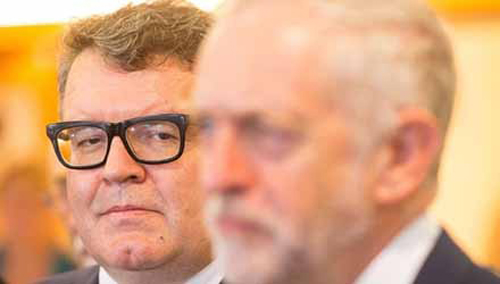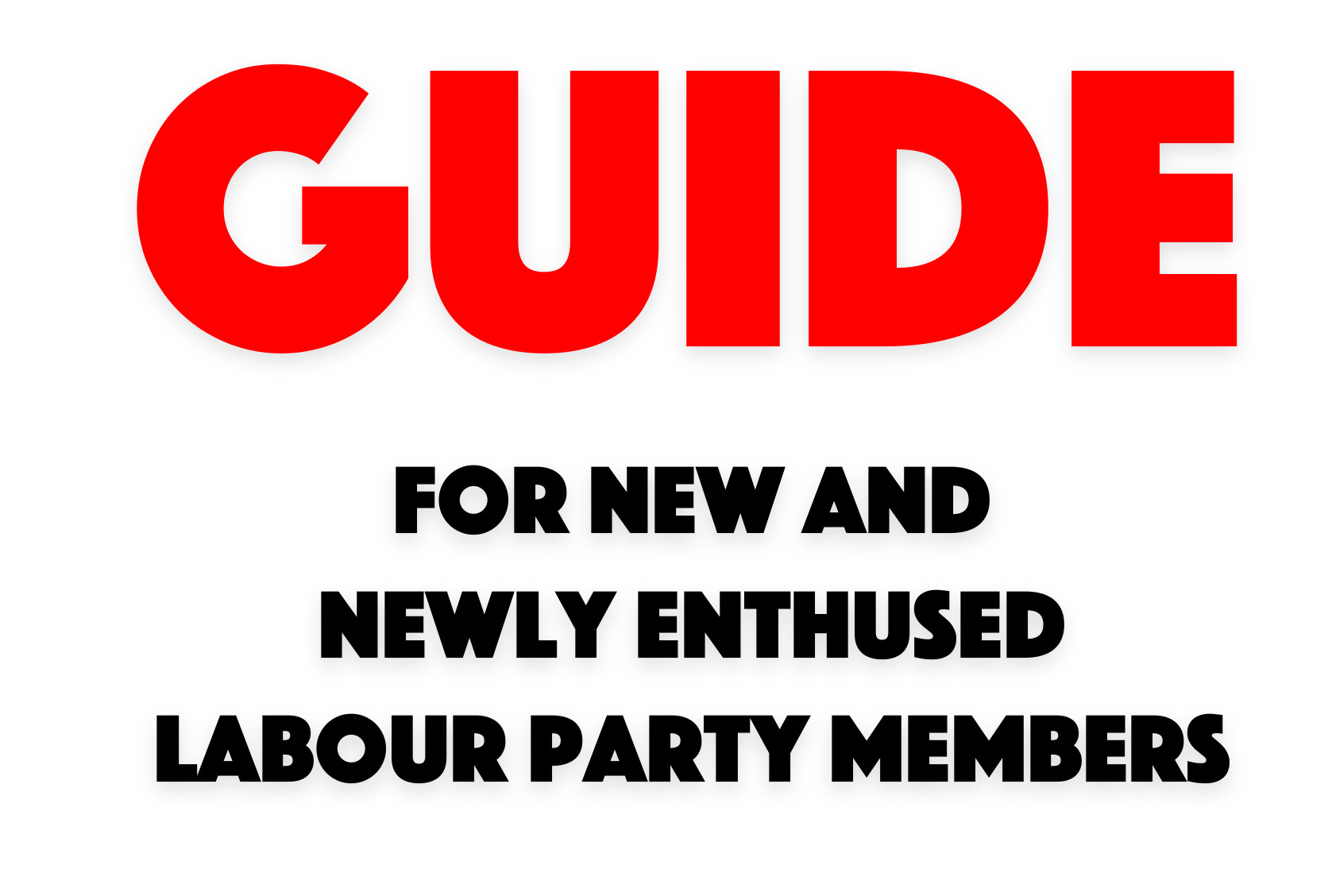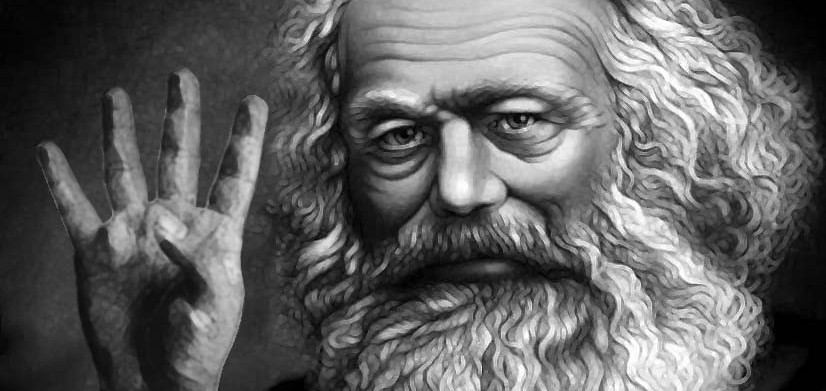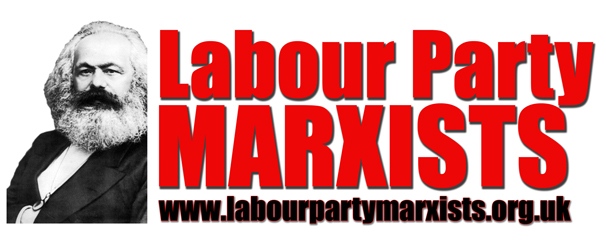Carla Roberts of Labour Party Marxists reports on the first meeting of the Grassroots Momentum steering committee on April 22 in London
This was a surprisingly positive and constructive meeting. Surprising for a number of reasons. Firstly, the committee was elected exactly six weeks previously at Grassroots Momentum’s first, fractious conference on March 11. And if “a week is a long time in politics”, these six weeks certainly felt like an eternity. Not a single decision has been made and the only thing the majority of committee members had agreed on was to oppose the proposal to intervene at the Momentum ‘conference’ on March 25 with our own leaflet. The rest of the email communications were concerned with an argument over the length of our lunch break (30 minutes, since you ask) and if there should be a pooled fare system (no).
Secondly, Momentum itself is disappearing down the plughole with ever-increasing speed, which naturally has an impact on the left within it. Momentum meetings are becoming smaller and smaller. The demobilisation and depoliticisation of Momentum branches that followed Jon Lansman’s January 10 coup has become even worse in the last 10 days. As if most sensible people on the left weren’t disillusioned enough about Labour’s grim chances at the polls, they then received an email from Team Momentum telling them to stand down.
Yes, there are strict electoral rules and laws on election spending (as a bunch of Tory Party MPs has recently found). But to demand that Momentum branches effectively stop meeting in such a heightened political period – because “public meetings” could be seen as Labour Party campaigning – is adding to the sense of demoralisation. The right continues to fight dirty and with every trick they have, but Momentum is concerned about sticking to the letter of the law. Another trap Corbyn has stepped into, unfortunately.
Thirdly, the GM steering committee is made up of a lot of people who – how to put this nicely – really hate each others’ guts. The Alliance for Workers’ Liberty (which has six members and supporters on the SC) have played a deeply disgusting role in the entirely fabricated ‘anti-Semitism scandal’ in the Labour Party, joining into the witch-hunt of Ken Livingstone and, of course, Jackie Walker, who also sits on the GM committee (and also has about half a dozen allies there).
Considering all these factors, I expected a rather fractious, ill-tempered meeting with very little outcome. But I guess we can thank Theresa May for focusing our minds. The snap election, plus the fact that Momentum is playing dead, have actually opened up a space on the left of the Labour Party.
Under the experienced chairmanship of Matt Wrack (leader of the Fire Brigade’s Union), the meeting started with a frank and open assessment of the current situation and the general election. There was a healthy sense of realism evident. Everybody in the room agreed that Labour’s chances of winning the election were pretty slim. To the committee’s credit, nobody voiced the moronic idea peddled by the likes of the Socialist Workers Party and the Socialist Party that Theresa May has called this election because of a weakness of the Tory Party. Matt Wrack for example admitted to being “quite demoralised when I heard about the election”, because clearly Theresa May has called it for one reason and one reason alone: to crush the Labour Party and increase the Tory majority, aided by the entire media establishment.
Speaker after speaker bemoaned the fact that the right wing in the Labour Party continues with its assault on Corbyn and his leadership. Worse, Corbyn continues to let them to get away with it in the vague hope of ‘party unity’. Clearly, the right has not signed up to any truce, as can be witnessed by the dozen or so MPs who have said they would rather not stand again than run under a Corbyn leadership.
John Woodcock MP took the biscuit when he pronounced that he “will not countenance ever voting to make Jeremy Corbyn Britain’s prime minister”.4 In our view, Woodcock should be expelled, along with Tom Watson, Ian McNicol and, of course, good old Tony Blair. Blair has come out the woodwork to call for a “tactical” vote against Labour Party candidates who support Brexit – an offence that would have seen a left-winger expelled immediately by the NEC’s rigged compliance unit. But instead of cleansing the party of its saboteurs, the NEC has decided to prevent Labour Party members from having any say over the choosing of parliamentary candidates – which is of course part of the civil war against the left.
Graham Bash (a member of the Labour Representation Committee) was perhaps the most ‘officially optimistic’ speaker on the day. He thought that “we need to fight to win and we need to give a really positive message. We should say that we can win against the odds. We should not spread demoralisation and fear. Because the cost of failure will be huge and the left will face a carnival of reaction.”
True, of course, it would be pointless to start any fight in order to lose. But other speakers pointed to the fact that “demoralisation” will be equally widespread (or worse) if we pretend that we, for example, just need to point to Corbyn’s “10 pledges” (as committee member Jan Pollock suggested) and hope that it will win Labour the elections. Because it will not.
Most on the steering committee thought that the Labour Party would manage to close the current gap in the polls somewhat come June 8 (difficult not to), but that the Tories would very likely win. Which would of course lead to the next leadership challenge, probably fronted by Yvette Cooper, who has done nothing to dispel those rumours. In this situation, “we must convince Corbyn not to give in, not to step down, but hold on and continue to fight to transform the Labour Party”, said Matt Wrack, to the visible agreement of the meeting.
“Any candidate who is not Corbyn or McDonnell will be a defeat for the left”, comrade Wrack added – though some people later questioned if McDonnell really is still a reliable ally. There aren’t just his various U-turns and cringing apologies – some in the room also have not forgiven him for breaking his promise to send a video message to GM’s launch conference. Clearly, that hope was a bit naive. After all, the Corbyn team (which includes McDonnell) had sanctioned the Lansman coup. Why would he then support an organisation that was founded in opposition to that coup? My guess is that McDonnell nodded his head politely when the request was put to him, but never intended to fulfil it.
In any case, most seemed agreed on the need to continue to support Corbyn and McDonnell when they’re being attacked – but to criticise them when they are attacking socialist principles or continuing to try and appease the Labour right.
The meeting went on to decide a couple of concrete actions:
1. GM will publish a weekly email and launch a website, which will “do what Momentum does not do”, as one speaker put it. The intention is, for example, to publish good, political scripts for phone banking sessions; give people ideas on running stalls; working with other campaigns and encouraging Momentum members to go beyond the official Labour canvassing tactic of simply surveying voting intentions and instead have actual political discussions with people on the doorstep. There has been a suggestion that the website should feature comments on disputed issues like Labour’s apparently “united” climb down over immigration. We have to see if that will be picked up by the small team running the website and email bulletin.
2. GM will organise a post-election conference of the ‘Labour left’ on June 17 (or a week later). The idea is to use this meeting to fight against the likely disillusionment of the Labour left post June 8 and to convey the message that – no matter what the outcome of the elections – the key task remains: to transform the Labour Party to make it fit for purpose.
Detailed plans for the day have yet to be finalised, but the general idea is to have a smaller ‘strategy meeting’ during the day and a bigger rally in the late afternoon. Of course, those details are the place where the devil likes to hide and the preliminary discussions of the seven comrades planning the event have shown a fair amount of disagreements on how to move forward.
- Should the strategy meeting allow motions to be heard? Or encourage groups to bring general position papers on the future of the Labour Party (that are not up for voting)? Should we invite both? Or should there be a general statement instead? Who is going to prepare it? Will we allow a proper discussion on any amendments?
- Should only “big names” on the Labour left (LRC, Campaign for Labour Party Democracy and Red Labour) be officially invited? Or should we also include smaller groups like Red Flag, Labour Party Marxists, Alliance for Workers’ Liberty, Nick Wrack’s Labour Socialist Network, etc? All of them are of course centrally involved in GM and its steering committee.
- What about Momentum branches? Should only those groups ‘affiliated’ to GM be allowed to send representatives? Or do we want to encourage those in branches with pro-Lansman majorities to come along? How many per branch?
All of these issues are still being discussed. It is no doubt a good idea to get the Labour left together in the same room. Even better if we can actually discuss what we think is the right strategy for transforming the Labour Party. An excellent initiative, in our view. But it should be transparent, politically honest and prepared to openly say what needs to be done to transform the Labour Party in a meaningful way – primarily, to take on the right. Corbyn is being undermined, briefed against and belittled by his ‘colleagues’ every step of the way. Unless we take on the saboteurs, the left will lose this fight and with it the best political opportunity it has had for many decades.
This begs the question as to why we should place such emphasis on the LRC and CLPD. They’ve been around a while, that’s true. But so has cancer. At least one person on the conference arrangements committee wants to make the staging of a conference dependent on the active participating of those groups.
But the CLPD – just like Momentum – has consciously decided to support Corbyn without any criticism. It has given up the fight for mandatory selection. It shows no interest in taking on the right in the party. The recent CLPD AGM voted against condemning Jon Lansman’s coup in Momentum. Why would they want to get involved in an event initiated by GM, an organisation that was founded in opposition to the coup?
We don’t know what the LRC leadership thinks about anything at the moment – maybe even they don’t – but it is probably safe to assume it is along similar lines to those of the CLPD. After all, they have now closed shop and will re-open only after the June 8 election.
The politics of Red Labour are another matter entirely. This group exists only online and does not really have any identifiable politics, as it is made up of people from a variety of political backgrounds. Clearly, while we should invite those organisations to participate in our conference, we should not subordinate ourselves to them or their politics. In particular the CLPD’s ‘strategy’ towards the Labour Party is fatally flawed. And even if the CLPD and LRC agreed to sponsor the conference (very doubtful), it begs the question if they would actually do anything with any motions or statements agreed there. It would simply be empty posturing, not the beginning of a real campaign to consciously and actively transform the Labour Party. So what’s the point?






